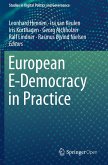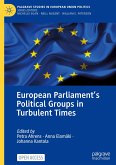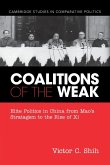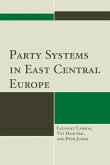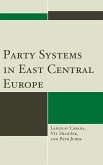This book analyses the role of Europarties in the deepening of integration and the debates on the future of Europe. It is guided by three fundamental research questions: What strategies do Europarties utilize to advance their visions of Europe? What is the relative influence of the actors in the networks of the Europarties? How successful have the Europarties been in shaping the future of Europe? European integration cannot be understood without accounting for the impact of the Europarties. Theoretically, the book utilizes the concepts of advocacy and agenda-setting, identifying Europarties as transnational partisan actors operating at intergovernmental and supranational levels of EU decision-making. Europarties have consolidated their organizational structures, and more importantly, have over the decades built their own networks and coalitions that enable them to wield influence in ways rarely captured by previous studies. Empirically, the book investigates the networks and positions of the Europarties, constitutional reform processes, and the role of the Europarties and their EP political groups in the broader debates on the future of Europe.
Bitte wählen Sie Ihr Anliegen aus.
Rechnungen
Retourenschein anfordern
Bestellstatus
Storno


